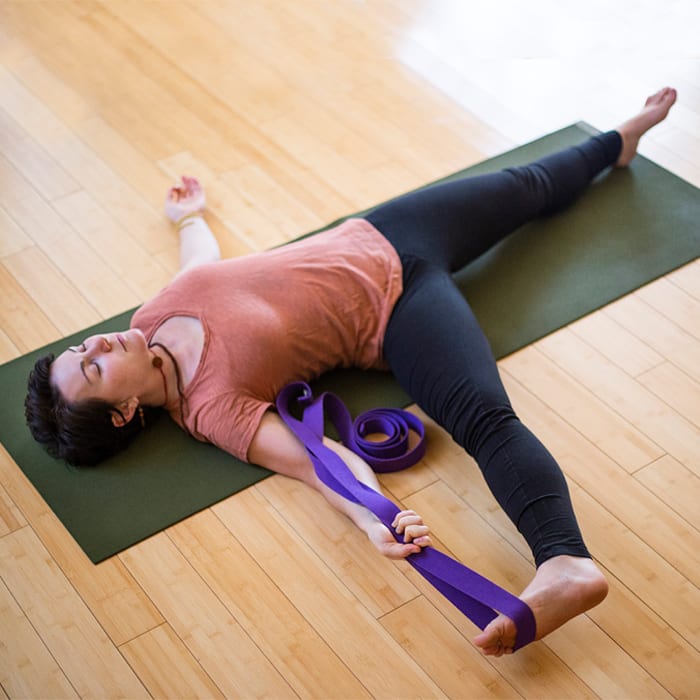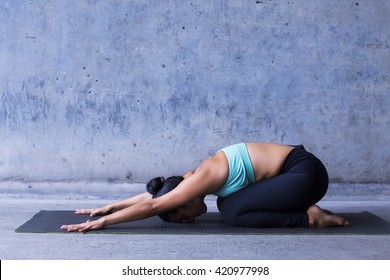
There are many benefits to hot yoga, beyond improved flexibility. These include improved sleep, weight loss, stress relief, as well as better sleep. Let's have a closer look at the benefits. Continue reading to learn more about this and other hot yoga benefits. Not only are there physical benefits but also psychological and emotional. People who are recovering from an injury or receiving physical therapy can benefit from hot yoga.
Increased flexibility
Hot yoga can improve flexibility and range motion. But it is important to do so safely. Although there are many benefits, you should always consult your doctor before starting any exercise program. It is not recommended for women who are pregnant or have cardiovascular problems. Hot yoga should not be practiced by pregnant women or those with high blood pressure. Hot yoga classes should only be performed by experienced yogis. Women who are looking to improve their flexibility or balance can do hot yoga.
The benefits of hot yoga for flexibility are well-known. People with limited mobility may benefit from hot yoga's ability to increase their range of motion and flexibility. Being flexible means being less prone to injury. Moreover, muscles that are tighter have poor circulation. Hot yoga's external heat promotes circulation. Blood flows more efficiently because of this. This is yet another benefit to hot yoga. It can help you lose fat, increase flexibility and prevent injury.

Stress reduction
Hot yoga is a wonderful way to relax and burn calories while improving flexibility. Its heat mimics a hot spa or sauna, warming the muscles and increasing the heart rate. It is said to reduce the effects of stress and depression. It is important to talk with your doctor about the benefits of hot yoga before you begin any type of yoga exercise program. For those who are unable to practice yoga regularly, hot yoga can help relieve depression symptoms.
Your body learns to be compassionate by practicing hot yoga. The first sutra of yoga encourages us to be compassionate with our own bodies. This trait is often missing in our daily lives. Hot yoga, however, can calm the body and help us to prioritize issues in our lives. Research shows that taking breaks can improve your attitude. Using specific asanas to help you relax and calm down can be beneficial.
Weight loss
Hot yoga has many physical benefits. There are increasing numbers of studies that show it can also improve your mental health. Although there are some risks associated with extreme heat, many yoga practitioners praise its mental benefits. Research has shown that yoga hot can reduce stress, increase pain management and increase emotional regulation. You should discuss your concerns with your doctor before starting a hot yoga program.
Bikram Chchoudhury, who was also the founder and first director of the Bikram Yog College in India, invented Bikram hot yoga in the 1970s. The 26 postures are done in a heated area at 104 degrees Fahrenheit. This allows you to be more flexible, reduce calories, and detoxify your system. Bikram hot Yoga isn't the only kind of hot yoga. There are several styles and types of HOT yoga, and some of these classes are beneficial for weight loss.

Improvements in sleep
Yoga can be used to improve your sleep in many different ways. Hot yoga helps you relax before bed while hatha or nidra yoga focuses on breathing and restorative practices. Hot yoga isn't for everyone. Some people experience insomnia while practicing yoga. Others find deep relaxation and restful sleep. Either way, yoga can benefit your sleep. Let's look closer at hot yoga and its benefits for sleeping.
According to a study published in 2016, yoga may improve sleep quality by increasing metabolism. Hot yoga is gentle enough, unlike most types of exercise. It's also great for people who have difficulty falling asleep and staying asleep. Hot yoga can be relaxing as well. It also improves physical and cardiovascular fitness. Hot yoga can increase blood flow to your muscles which aids in building muscle and healing damaged muscles. Studies have shown that hot yoga can help reduce symptoms of depression.
FAQ
How does yoga change your body?
Yoga helps you relax and stretch. You will also feel great. This is due to yoga improving flexibility, strength, stress management and overall health. This will result in improved sleep, concentration, and energy.
Yoga improves blood flow and makes it less likely that you will get the flu. This is due to the fact that yoga allows you to breathe deeply, increasing oxygen supply to your brain.
Yoga relieves tension, pain, and helps with stress. These postures improve posture and strengthen joints and muscles.
To keep your body and mind healthy and happy, you should regularly practice yoga.
What foods should you avoid after doing yoga?
Certain foods can reduce your energy. It can also make you feel bloated, or cause stomach cramps. It is possible to feel tired from practice and want to eat light, nutritious food.
Are 20 minutes of daily yoga enough?
Yoga should not just be exercise. It is a time to look at your life and reflect on how it has changed.
My friend introduced me to yoga a few years back. He had been practicing it for many decades. He said that he practiced yoga 20 minutes each day, which made him feel calmer and more relaxed throughout the day.
I tried it, and it was a great way to improve my overall health. I have continued to do yoga since that time and found it helpful in helping me relax and keep my focus while working at the desk.
It is important to find what works best for your needs and set realistic goals. If you don't feel the benefits of yoga, you don't have to do it all day.
How long does a yoga class last?
Yoga classes typically last between 45 and 90 minutes. Some teachers offer shorter, longer, or both sessions throughout the week.
Are yoga mats necessary?
Not necessarily. Many studios offer mats to students. These mats, which are often made of rubber, are easy to clean.
You may also choose to purchase your mat. A good quality mat will last you several years.
Do I need special equipment?
Yoga does not require special equipment. You may prefer to use specific props like blocks, straps, or blankets.
If you are interested, take a look at our Yoga Equipment Guide. We recommend choosing products made of natural materials as opposed to plastic.
How long should a class of yoga be?
The average yoga session lasts between 45 minutes to an hour. The type of Yoga you are practicing will impact the length of your yoga session. 45-60 minutes is probably sufficient if you are looking to do strength-building exercises. If you are looking for relaxation or mediation, a longer time may be required.
It also depends on the yoga class that you're taking. Some classes require quick movement while others encourage slow, deep stretches.
Statistics
- Gentle yoga has been shown to ease some of the discomforts of tender, swollen joints for people with arthritis, according to a Johns Hopkins review of 11 recent studies. (hopkinsmedicine.org)
- About one in seven U.S. adults practiced yoga in the past 12 months, according to a 2017 national survey. (nccih.nih.gov)
- Start your Fall off right with 20% off All Access Membership when you sign up by 9/25! (corepoweryoga.com)
- In comparison, a 125-pound person is estimated to burn 135 calories in 30 minutes of walking (at a pace of 15-minute miles) and 210 calories bicycling at a moderate pace on a stationary bike. (everydayhealth.com)
- The American Psychological Association recently shared that 84% of American adults feel the impact of prolonged stress (5). (healthline.com)
External Links
How To
Yoga can help menopause symptoms
Yoga, an ancient practice, originated in India. It focuses primarily on stretching, breathing and meditation. It has been used to stay fit for thousands upon thousands of years. It is becoming increasingly popular as people look for ways to stay fit and healthy in times of stress and illness.
Yoga is about using postures (asanas), in order to stretch muscles and improve flexibility. This helps to relieve tension and build strength and stamina.
There are many types of yoga: Hatha, Vinyasa flow and Bikram. Each type focuses only on certain aspects of your body, like breathing, stretching, and relaxation.
All forms of yoga aim to bring about balance in the mind and body. Yoga has many benefits, including improved fitness, weight loss, improved sleep quality, energy levels, and reduced stress.
Numerous studies have shown that yoga is beneficial for conditions like anxiety, depression, or insomnia. But, it is difficult to prove its effectiveness for other health problems such as menopause symptoms.
Yoga is a way to feel happier and healthier.
It is important that you know that yoga can cause soreness in the muscles after exercising. You should consult your doctor if there are any concerns regarding your medical condition.